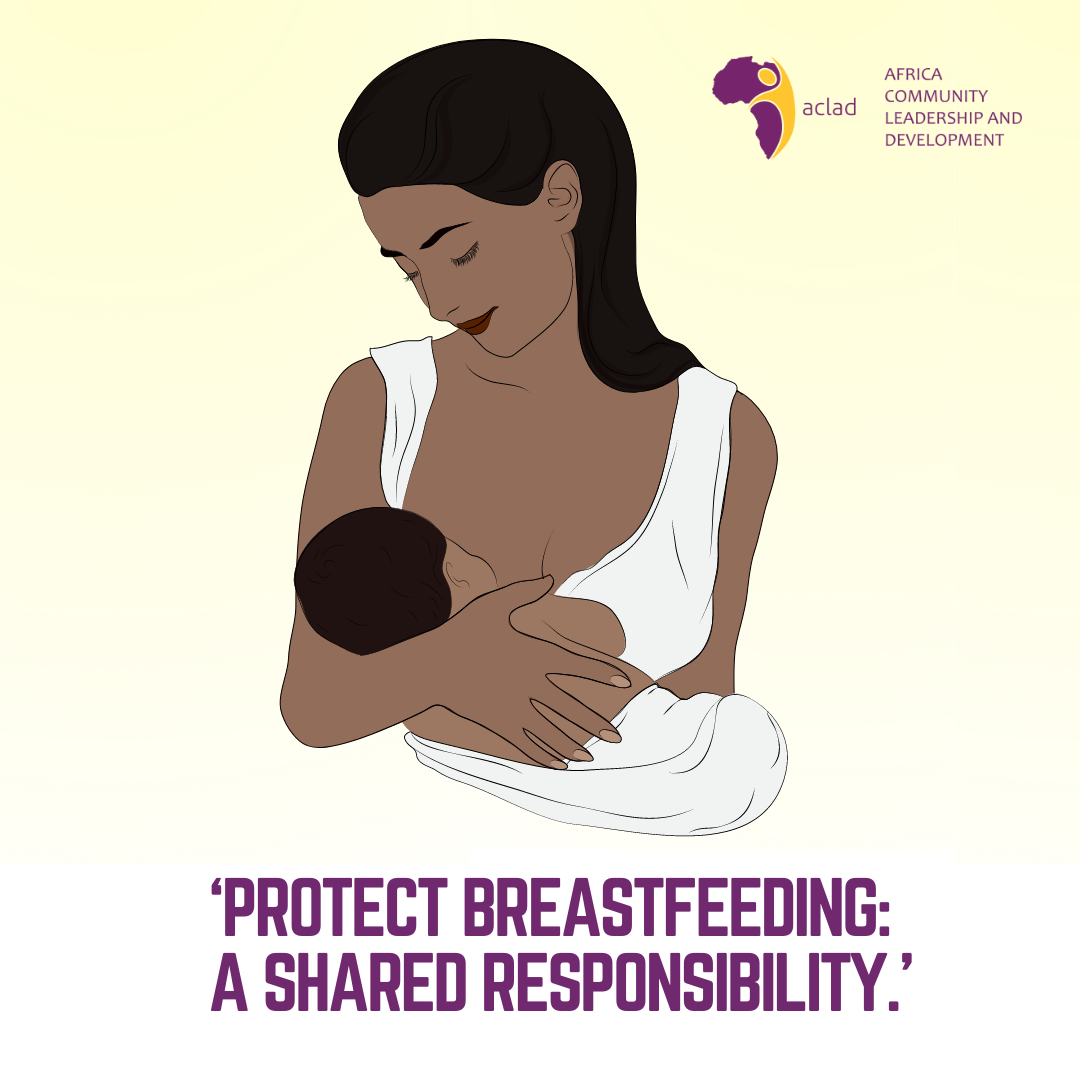‘Protect Breastfeeding: A Shared Responsibility.’

Every year from August 1 to 7 (since 1992), WHO and UNICEF join hands in a global campaign to observe ‘World Breastfeeding Week’ to raise awareness and advocate among people regarding the benefits of breastfeeding. Breastmilk is the baby’s first vaccine which provides critical protection from disease and death. Statistics by the World Health Organization (WHO) indicate that less than half of all newborns are breastfed within the first hour of birth, which leaves them vulnerable to disease and death.
But why is breastfeeding within the first hour critical, you may ask? Well, it is critical because it allows the newborn to benefit from the mother’s colostrum, a nutrient-filled fluid produced before milk is released, which can help enhance the baby’s developing immune system and thus safeguard them from childhood infections and illnesses in their first few months. For the mother to have adequate milk for her newborn and also make a quick recovery (under normal circumstances), she needs to also be properly nourished. We at ACLAD strive to ensure that families in every community always have access to sufficient and nutritious food. By helping our families grow nutritious foods like the African Leafy Vegetables such as Spider Plant (Saga), Black Nightshade (Managu), Cowpeas (Kunde), Jew’s mallow (Murere), Crotalaria (Miroo) and Spinach and Sukuma Wiki, both for home consumption and for sale as an income generating activity, communities are able to experience greater food security, increase incomes, and maintain sustainable food production. When individuals are properly nourished, children are able to learn and concentrate on their studies, adults can lead healthy and productive lives and then families and whole societies can prosper.
Catherine Muteithia
ACLAD Research and Communications Assistant
